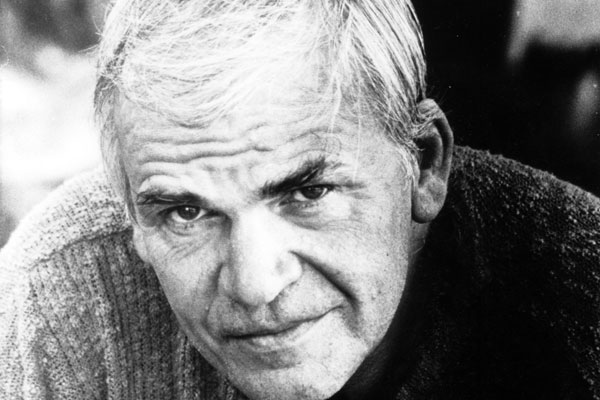Ignorance
The novel begins in the wake of the Czech Republic’s Velvet Revolution, at a Parisian café where an émigré, Irena, is being convinced by her Parisian friend Sylvie to go back to Prague. “It will be your great return,” she says to Irena. Her nostalgia is awakened. She leaves for Prague and in the airport happens upon a man, Josef, whom she had encountered briefly before immigrating to Paris. She is stunned by the coincidence, Josef pretends to remember her, and they trade details to rendezvous later. Irena and Josef then land in a city of memory.
Irena’s ignorance surfaces at a reunion with friends; the dinner unveils the truth that time continued without her. Her friends want to communicate to her the hardships she had missed, and did not think to ask about the twenty years she was away. It was as if they wanted to deny the time she was gone and cut the absence out of her history. The profound sense of alienation felt by Irena upon her homecoming is mirrored by Josef’s own experiences back home. He finds a vacant reception from his brother and his family. On the walls and on his brother’s wrist, heirlooms of his had been absorbed into his brother’s own belongings. Josef later reads a journal that he kept as a teenager and is shaken by the selfish and masochistic young man with whom he shares the same handwriting.
For reasons more personal than political, Irena and Josef begin to remember why they had left. Home begins to curdle in the glass as their nostalgia breaks down. Irena’s identity, wrapped up in the past, finds itself in conflict with the present. Josef’s amnesia of his past functions similarly to Irena’s in terms of their mutual disappointment, but leaves the two representationally incompatible. The most remarkable element of Kundera’s treatment of nostalgia as amnesia is his honest portrayal of love as a condition. The reader learns more than the fate of Irena and Josef by the end of the novel, but that love itself is not a word that describes a single emotion. Kundera plunges the reader into a deep examination of the sludge that spills from a broken heart, but in the same breath relinquishes the antidote to homesickness.







